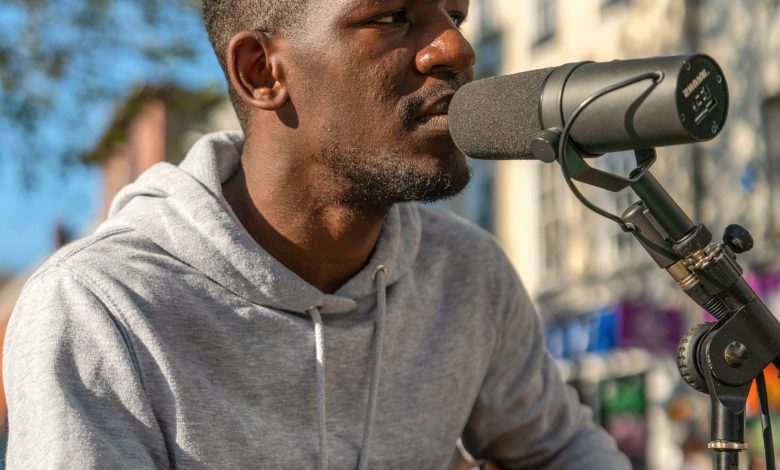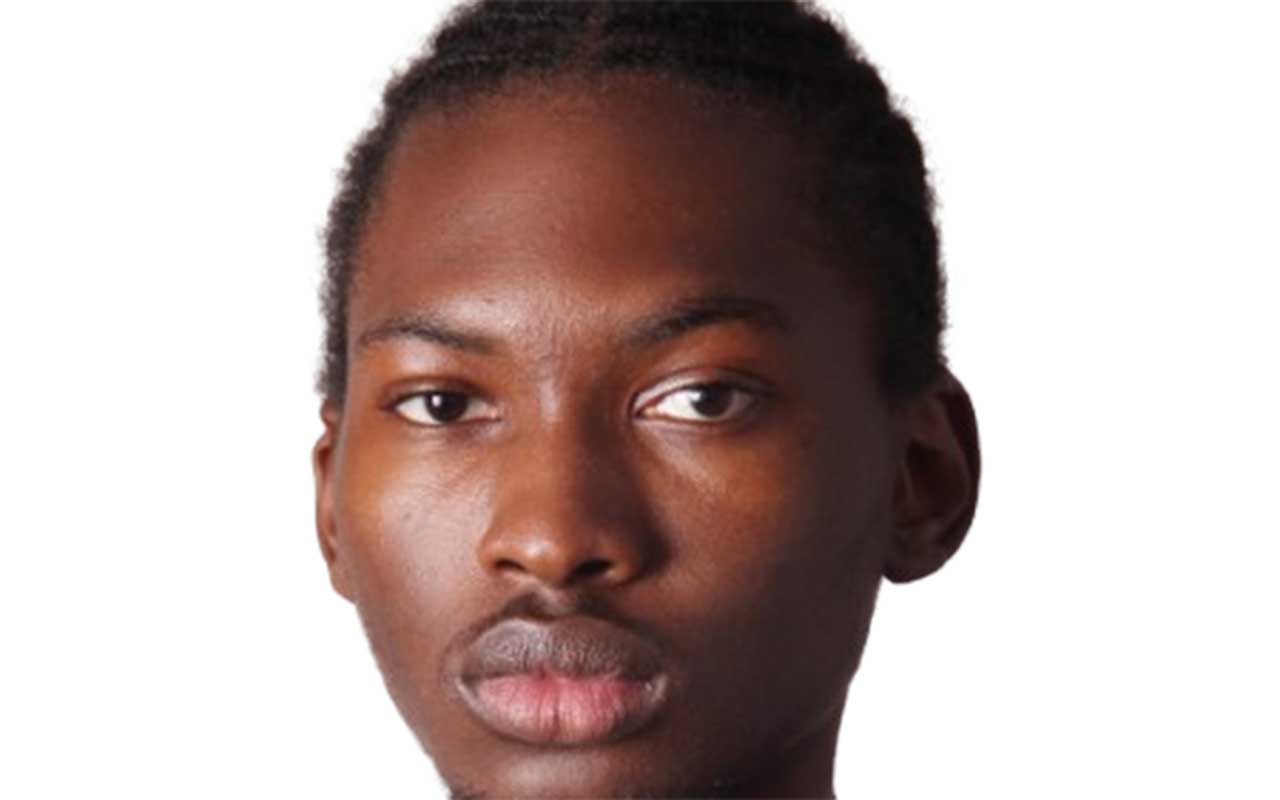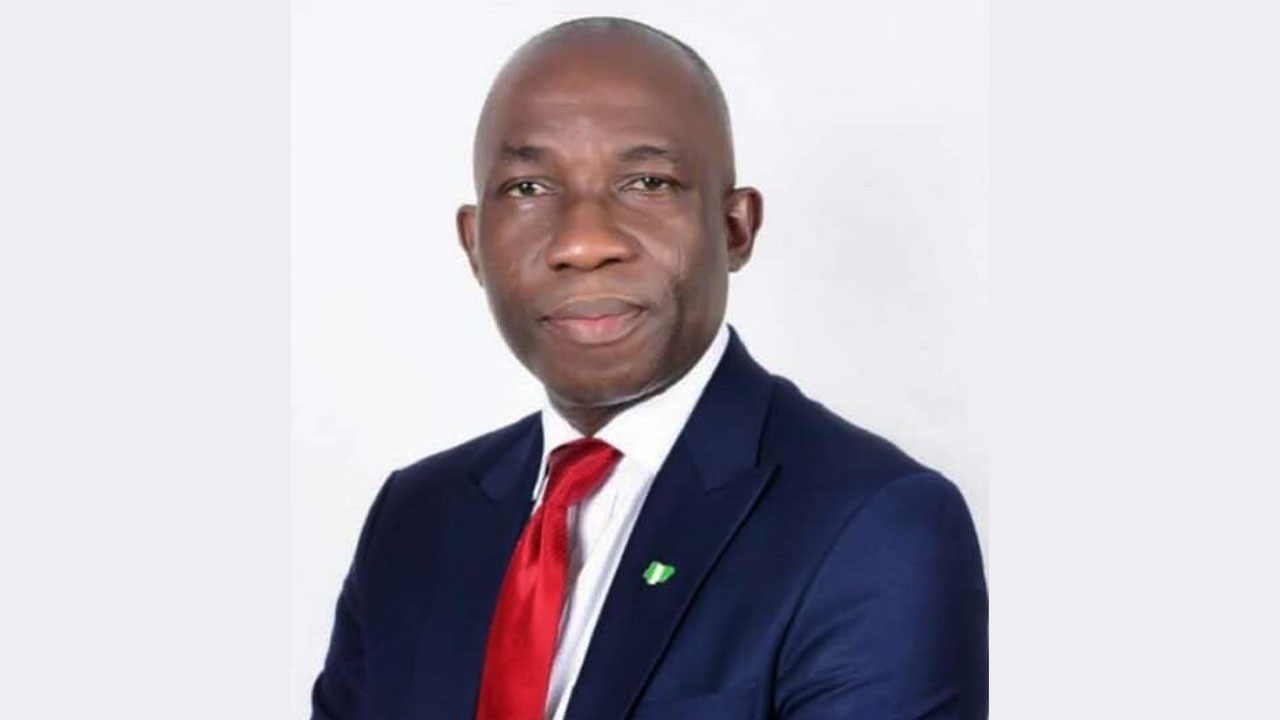When his first single, Ayo le, was released in 2016, it did not hit the right viral note. However, Taiwo Emmanuel Adekanle, the Glasgow-based Nigerian artiste, who performs as Emars, was launched into the world of music.
He arrived, bringing a fusion of hip-hop, afrobeats and R&B in a relaxed and musical new way. Using more of his voice to stress and create beautiful syllables that has a deeper meaning of love; Ayo le offered a rich mix of inspiration and guidance. With the song, he deepened African music.
Singing like a man possessed, he hits the notes with technical adroitness that makes the listener happy. His roots as a choirboy shone through like an open cheque, and the rhythm closes the track like a gospel revival.
With a wild outburst of good rhythms and hip hop flavour, the song announced him as ‘a future to be critically’ taken note in this genre, which is very popular in Nigeria.
The 2016-song scored a point in the genre just scaling up, as it avoided the sliding monstrosity of sexuality that had been subtly imbued or gratuitously stamped across the melodies that crested afrobeats.
Ayo le explores the spiritual and philosophical. He deploys both themes in shaping the daily workings of natural life. However, the song was not a club banger.
Celebrating the voice, the irrepressible artiste remained undimmed, as in 3 minutes and 30 seconds, he sang romantic ballads about seeing the girl in his dream, despite the girl not being sure what she wanted because, ‘Shakole shakole makes me dabole.’
Most probably, the reception, rather than the music made him to put on bigger show in his 2023 second coming.
Emar was back on the trail, dishing out what could be described as more mature blend of hip hop, ballad and blues. Tomorrow released in 2023 and re-released in 2025, the song catapulted him into the pop stratosphere. He unleashed unbridled thirst for the guitar shying away from sexual exploitation and objectification of the afrobeats.
Tomorrow serves as a manifesto of his commitment to a traditional four-minute structure rather the two or three minutes gig. The arrangement, a guitar stomp, an electric percussion instrument that fits right under your foot, ready to deliver deep bass or crisp snare drum sounds with a simple tap or stomp: and his voice is a high-wire act. It forgoes the instruments that mask a song’s core, placing immense pressure on the melody, lyric, and emotional truth.
The song describes feeling of being “in the room with a friend”. It suggests an artiste who understands that intimacy, not just volume, can command attention. The decision to leave a “raw, unedited audio” snippet at the beginning is a calculated one. It’s a signal of authenticity, a promise that what follows is unvarnished and real.
However, many have wondered whether this minimalist aesthetic can resonate within Nigeria’s vibrant, polyrhythmic soundscape, a market that often equates sonic density with vibrancy. The potential is there, but as many believe its longevity remains unproven. But Emar is set to prove a point with this song and note.
His celebrated prowess as a live performer and a ‘spontaneous’ weaver of songs offers a clue to his strategy. If his recorded work is a complex fusion, his live act seems to be its distilled, potent core.
The description of his thematic focus on “faith, love and hope” delivered with the soulful gravitas of a “sage” or “monk” suggests an artist seeking a deeper, more spiritual connection with his audience, a stark contrast to the hedonistic themes prevalent in mainstream circles.
His songs are centred on faith, love, and hope, not in the way the general music scene understands it. It feels like hearing a sage, a man of faith, or a monk sing with a soulful voice. His live performances are something; maybe this is why he has never recorded a body of work until now. His proposed EP is expected in March 2026 to confirm his dexterity in music.
The promise is immense: a unique voice, a commitment to authenticity, and a bold, ‘genre-less’ vision. However, the path he has chosen is laden with mines. The proposed 2026 EP will be the true test. It must capture the raw magic of his live performances while justifying the complexity of his fused-genre approach.
Emars is undoubtedly on to something. Whether the music world is ready to accept what he’s offering, without a convenient label, is the unanswered question that will define his fascinating journey.
The 30-year old artiste has been doing music since he was six with his sibling. At that early age, he showed a likeness for the guitar, an instrument he considered as first choice for its mobility, as well as his ability to play it without needing any power source. It was a just practical instrument for him.
“I first chose it for its mobility and ability to play it without needing any power source. It was a practical instrument for me. However, I quickly realised it may have been beyond providence. It was a suitable instrument to fuel my personal exploration of sounds and to perform my song acoustically without drowning its authenticity in a Ballad of instrument,” he says.
Emars says his music, which is an exploration of spiritual and philosophical topics and how they shape the daily workings of natural life, is inspired by God.
Aside from music, Emars studied psychology. He loves to explore and experiment with sounds, tell and retell history, informing the present and creating a future via the simplistic, yet sophisticated nature of sounds. He was also inspired by the likes of Majek Fashek, Bob Marley, and Don Moen for their ethics, dedication, topical and philosophical relevance.






